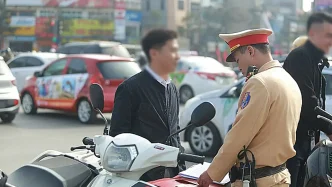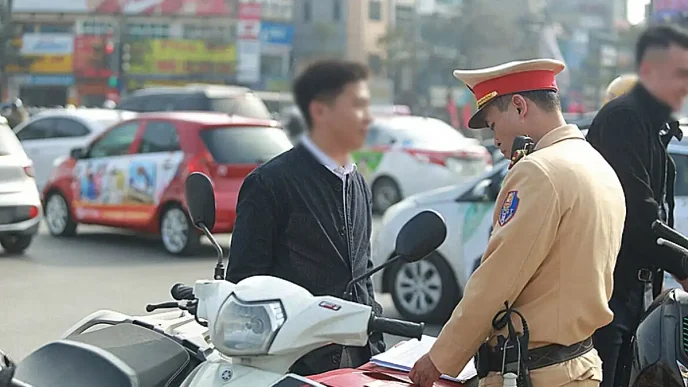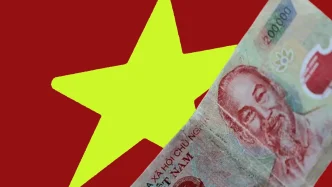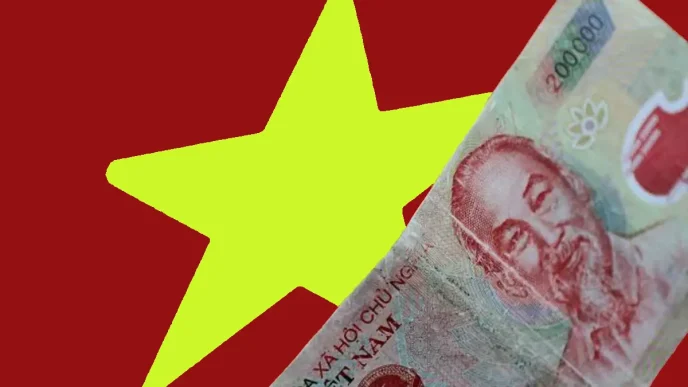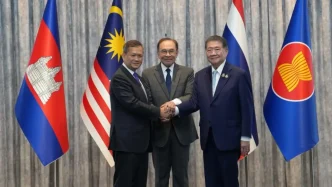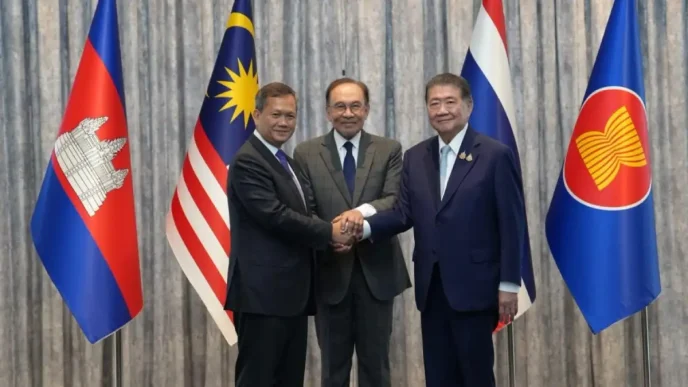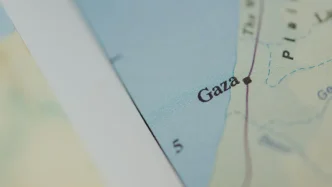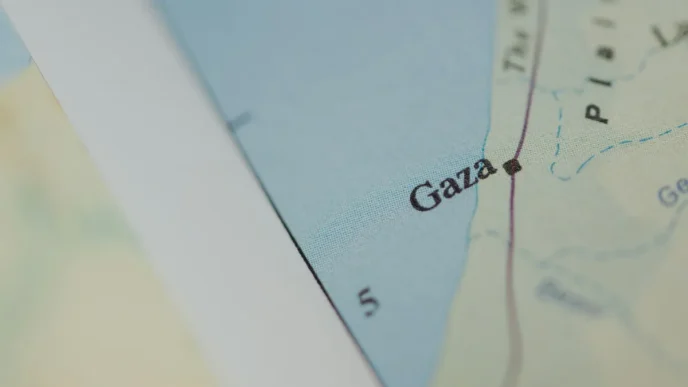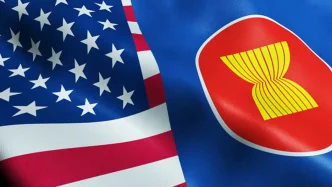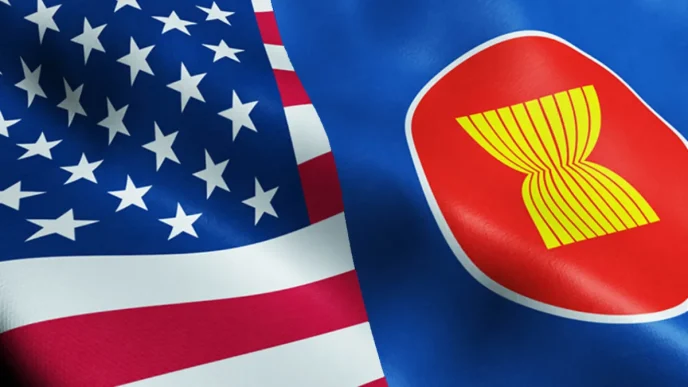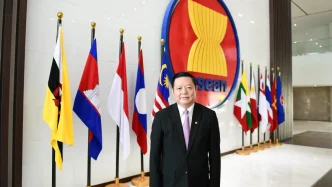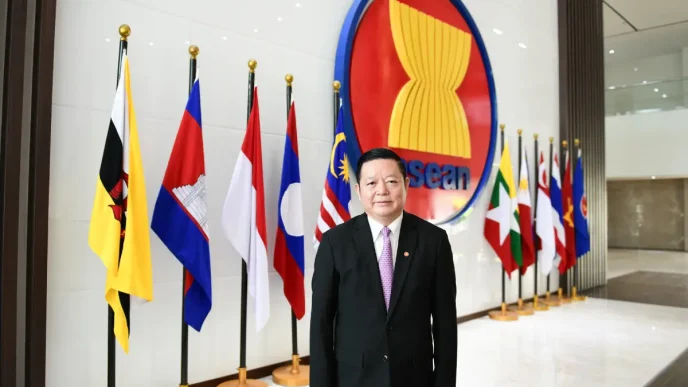Vietnam has reaffirmed its unwavering commitment to global disarmament and the non-proliferation of nuclear weapons, with Ambassador Mai Phan Dung delivering a powerful address at the high-level session of the Conference on Disarmament (CD) in Geneva, Switzerland, held from 24-26 February. Speaking as Vietnam’s Permanent Representative in Geneva, Dung underscored the critical role of the CD as the world’s premier multilateral forum for disarmament, urging member states to overcome longstanding impasses through cooperation, dialogue, and inclusivity.
The ambassador’s speech comes at a time of heightened global security concerns, with nuclear proliferation and geopolitical tensions casting a shadow over international efforts to reduce arms. Vietnam’s consistent stance on disarmament, as articulated by Dung, positions the country as a proactive player in global and regional security frameworks, advocating for nuclear-weapon-free zones and the enforcement of key treaties.
A Legacy of Engagement
Vietnam’s involvement in the Conference on Disarmament is not a recent development. The country has chaired the CD on three separate occasions, demonstrating its commitment to shaping the global disarmament agenda. Ambassador Dung highlighted Vietnam’s active participation in the forum, as well as its status as a signatory to major multilateral treaties, including the Treaty on the Prohibition of Nuclear Weapons (TPNW), a landmark agreement negotiated through the CD.
“Vietnam attaches great importance to the Conference on Disarmament, considering it the only multilateral forum with the most significant role in global disarmament,” Dung stated, as reported by Vietnam News on 28 February 2025. His remarks reflect a deep-rooted belief in the CD’s potential to address pressing security challenges, provided member states can muster the political will to move forward.
Dung also pointed to recent progress within the CD, such as the establishment of working groups to tackle substantive issues. He called on member states to build on this momentum, advocating for a renewed sense of responsibility and flexibility in negotiations. For Vietnam, the path to overcoming the CD’s prolonged deadlock lies in fostering substantive dialogue and ensuring all voices are heard—an approach that mirrors the country’s broader foreign policy of promoting peace and multilateralism.
Regional Leadership through ASEAN
Beyond its contributions to the global stage, Vietnam is also a key advocate for disarmament within Southeast Asia. As a member of the Association of Southeast Asian Nations (ASEAN), Vietnam supports the establishment of nuclear-weapon-free zones worldwide, a principle enshrined in the Treaty on the Southeast Asia Nuclear-Weapon-Free Zone (SEANWFZ), also known as the Bangkok Treaty. Signed in 1995, the treaty commits ASEAN member states to maintaining the region as free of nuclear weapons and prohibits nuclear-armed states from using or threatening to use such weapons against signatories.
Ambassador Dung reiterated Vietnam’s dedication to the full and effective enforcement of the SEANWFZ, urging nuclear-armed states to sign and accede to the treaty’s protocols. “Vietnam stays ready to work closely with nuclear-armed states to expedite their signing and accession to the treaty,” he affirmed, signaling Hanoi’s intent to bridge divides between regional and global powers on disarmament issues.
Vietnam’s emphasis on nuclear-weapon-free zones aligns with broader ASEAN objectives of promoting regional stability and security. The SEANWFZ is often cited as a model for other regions seeking to eliminate nuclear threats, and Vietnam’s proactive stance enhances its credibility as a regional leader. By championing this cause at the CD, Vietnam not only reinforces its commitment to ASEAN principles but also amplifies the bloc’s voice in international forums.
Navigating Global Security Challenges
The backdrop to Vietnam’s advocacy at the Geneva conference is a world grappling with complex security challenges. From the ongoing conflicts in Eastern Europe to rising tensions in the Asia-Pacific, the risk of nuclear proliferation remains a pressing concern. The CD, established in 1979 as a forum for disarmament negotiations, has often struggled to achieve consensus on key issues, with geopolitical rivalries stalling progress.
Ambassador Dung acknowledged these shared concerns among member states, noting that the current state of global security demands urgent action. His call for enhanced cooperation and political determination reflects an understanding that unilateral efforts are insufficient to address the scale of the challenge. Instead, Vietnam advocates for a multilateral approach, where dialogue and inclusivity can pave the way for meaningful agreements.
Analysts suggest that Vietnam’s position at the CD is particularly significant given its historical context. Having emerged from decades of conflict, including the Vietnam War, the country has a unique perspective on the devastating impacts of militarization. This history informs Hanoi’s foreign policy, which prioritizes peace, non-interference, and the prevention of arms races. Vietnam’s consistent support for disarmament treaties, including the TPNW, is seen as a continuation of this legacy.
“Vietnam’s voice at the Conference on Disarmament carries weight because of its history and its commitment to peace,” said Dr. Linh Tran, a Hanoi-based international relations expert. “The country’s emphasis on multilateralism and nuclear-weapon-free zones resonates with many smaller nations who seek a more balanced global security framework.”
The Road Ahead for the CD
While Vietnam’s contributions to the CD are commendable, the road ahead for the forum remains fraught with challenges. The establishment of working groups, as highlighted by Ambassador Dung, is a step in the right direction, but translating discussions into actionable outcomes will require sustained effort from all member states. Issues such as nuclear modernization programs, emerging technologies in warfare, and non-compliance with existing treaties continue to complicate the disarmament agenda.
For Vietnam, the priority is clear: the CD must remain a viable platform for dialogue and progress. By advocating for flexibility and inclusivity, Hanoi hopes to encourage compromise among member states with divergent interests. This approach is particularly relevant in the context of nuclear-weapon-free zones, where regional agreements can serve as building blocks for global disarmament.
If Vietnam’s efforts at the CD and within ASEAN succeed in galvanizing support for treaties like the SEANWFZ, the impact could be transformative. A fully enforced Southeast Asia Nuclear-Weapon-Free Zone, backed by nuclear-armed states, would not only enhance regional security but also set a precedent for other regions. However, such outcomes remain speculative at this stage, with no confirmed commitments from major powers to accede to the treaty’s protocols.
A Broader Vision for Peace
Vietnam’s participation in the Conference on Disarmament is emblematic of its broader vision for peace and stability, both regionally and globally. Under the leadership of the Communist Party of Vietnam (CPV), the country has pursued a foreign policy that emphasizes “bamboo diplomacy”—a metaphor for resilience and adaptability. This approach allows Vietnam to navigate complex international dynamics while maintaining its commitment to non-alignment and multilateralism.
Ambassador Dung’s address in Geneva also reflects Vietnam’s growing confidence on the world stage. From its role in ASEAN to its contributions to United Nations peacekeeping missions, Hanoi is increasingly seen as a responsible global actor. Its advocacy for disarmament and non-proliferation at the CD reinforces this image, positioning Vietnam as a bridge between developing and developed nations in the quest for a safer world.
For global readers unfamiliar with Vietnam’s political system, it is worth noting that the country operates under a socialist framework led by the CPV, with a strong emphasis on collective decision-making. Foreign policy decisions, including those related to disarmament, are shaped by national interests as well as ideological commitments to peace and anti-imperialism. This context helps explain Vietnam’s consistent support for initiatives that reduce global inequalities in security and power.
At the Conference on Disarmament in Geneva, Vietnam has once again demonstrated its dedication to a world free of nuclear weapons. Ambassador Mai Phan Dung’s call for cooperation, dialogue, and inclusivity within the CD underscores Hanoi’s belief in multilateralism as the cornerstone of global security. By championing both global treaties and regional frameworks like the SEANWFZ, Vietnam is playing a dual role as a national advocate and an ASEAN leader.
The challenges facing the CD are immense, and progress will depend on the willingness of all member states to prioritize disarmament over strategic rivalries. For now, Vietnam’s contributions serve as a reminder that even nations with complex histories can lead the charge for peace. As the international community watches the CD’s next steps, Hanoi’s voice will undoubtedly remain a critical one in shaping the future of disarmament.



